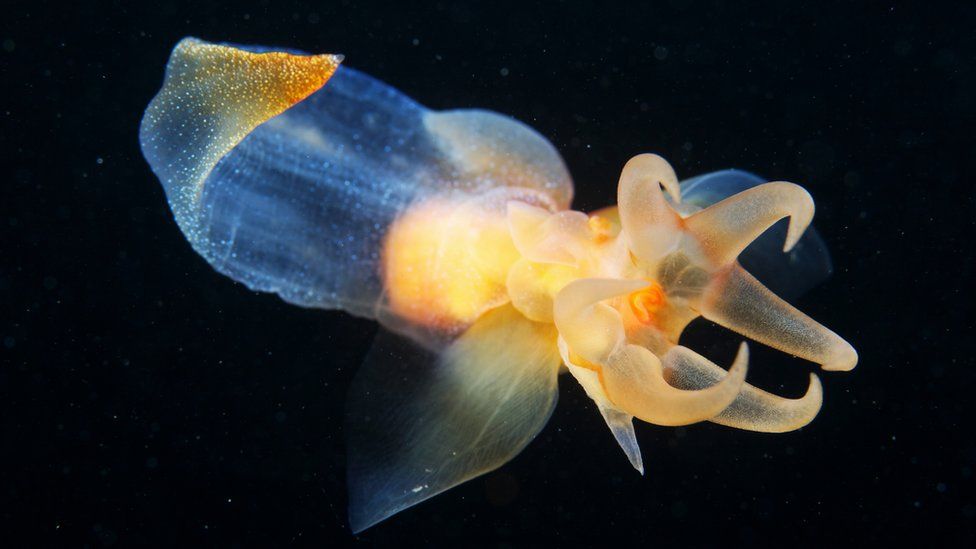-

-
-
Loading

Loading

Norway is set to become the first country to engage in commercial-scale deep-sea mining, a controversial practice that has raised concerns among environmental scientists. The plan, which will be voted on by the Norwegian parliament, aims to accelerate the search for precious metals needed for green technologies. However, critics argue that deep-sea mining could have devastating effects on marine life. While the initial vote relates to Norwegian waters, an agreement on mining in international waters could also be reached this year. The proposal has garnered cross-party support, making it likely to pass without hindrance. The Norwegian government has stated that it will proceed cautiously, conducting further environmental studies before issuing licenses. The deep sea is rich in minerals such as lithium, scandium, and cobalt, which are crucial for clean technologies like batteries. Norway's plan would open up 280,000 square kilometers of its national waters for mining, an area larger than the UK. While these minerals are available on land, their concentration in a few countries increases the supply risk. The Democratic Republic of Congo, which holds significant cobalt reserves, faces conflict in certain areas. Mining companies such as Loke Minerals acknowledge the need for a better understanding of the environmental impact before proceeding with deep-sea mining. On the other hand, critics argue that mining companies should focus on minimizing environmental damage in their current operations rather than opening up a new industry. The Norwegian proposal sets the country apart from the EU and the UK, which have called for a temporary ban on deep-sea mining due to environmental concerns. Techniques used to mine minerals from the seabed could generate considerable noise and light pollution and harm the habitat of organisms dependent on nodules. The Norwegian government has also faced criticism from its own experts, who argue that further research into the impact on species is necessary. Companies will not be immediately allowed to begin drilling; they will need to submit detailed proposals, including environmental assessments, which will then be approved on a case-by-case basis. The Norwegian government's approach is seen as precautionary, aimed at acquiring knowledge and data about mining in seabed areas rather than immediately approving extraction. Proponents of deep-sea mining argue that the government's plan will attract private sector investment for research in deep marine environments. However, campaigners argue that more emphasis should be placed on recycling and reusing existing minerals already mined on land. Discussions are ongoing regarding the issuance of licenses for international waters, with the International Seabed Authority expected to finalize rules on the matter in 2025. While over 30 countries support a ban on deep-sea mining, countries like China are pushing for the ISA to move forward with the practice.